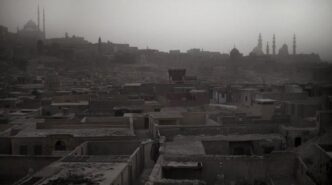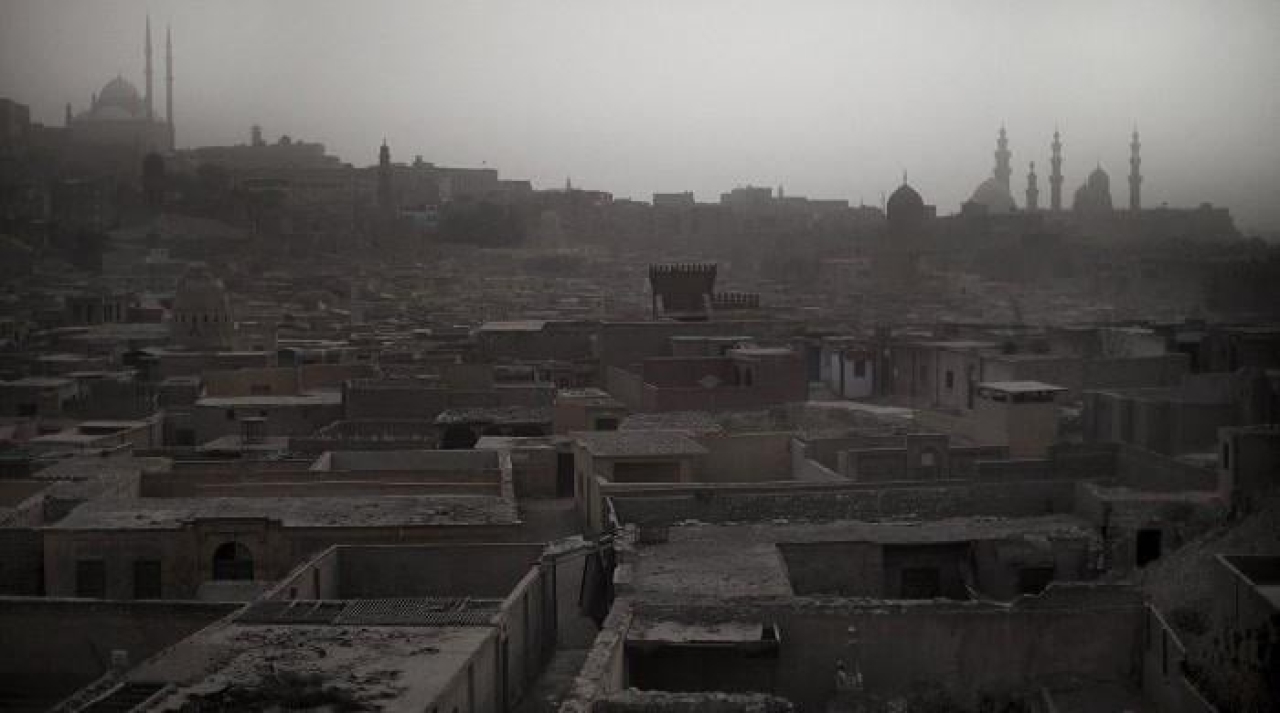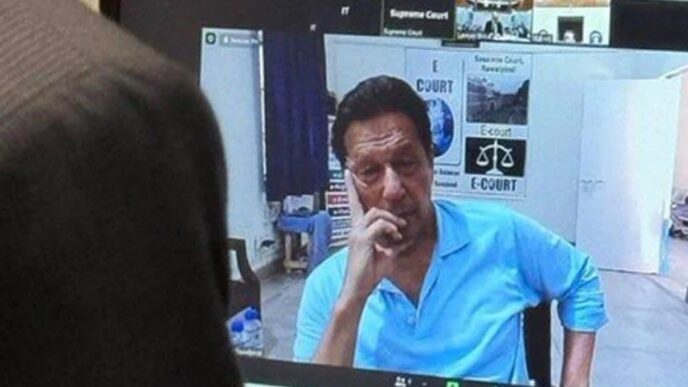Twenty years after laying him to rest, Egyptian architect Ahmed el-Meligui faced the painful task of exhuming his grandfather’s remains from a historic cemetery in Cairo, which is being partially demolished to make way for the expanding mega-city.
“Death itself is a tragedy. Here, you are reliving that tragedy all over again,” lamented the 43-year-old, who also had to remove 23 other relatives from their family tomb located in the vast City of the Dead in Old Cairo.
Since 2020, thousands of graves have been destroyed at this UNESCO-listed World Heritage site, one of the oldest necropolises in the Muslim world. This is yet another chapter in Cairo’s history being dismantled as authorities aggressively reshape parts of the city, a long-standing cultural hub of the Arab world.
The Egyptian government asserts that the cemetery’s demolition is essential for constructing new roads and bridges aimed at alleviating traffic congestion in the densely populated capital, which houses approximately 22 million residents.
However, for families like Meligui’s, the ordeal is harrowing. Their 105-year-old family tomb, designed in traditional Islamic style with grand wooden doors and a spacious courtyard, is set for destruction.
“I had to separate the bones of the men from the women,” said Meligui, a father of three. “The most heartbreaking moment was when I found my grandfather’s shroud, which raised me, torn and tattered. The bones fell down, and I had to gather them from the ground,” he recounted while holding a photo of his maternal grandparents and their four children taken over 50 years ago.
From his upscale home in west Cairo, Meligui shared that he arranged for the remains to be transported in a hearse for reinterment at a new cemetery in Fayoum province, about 100 kilometers (60 miles) away.
‘Indescribable Pain’
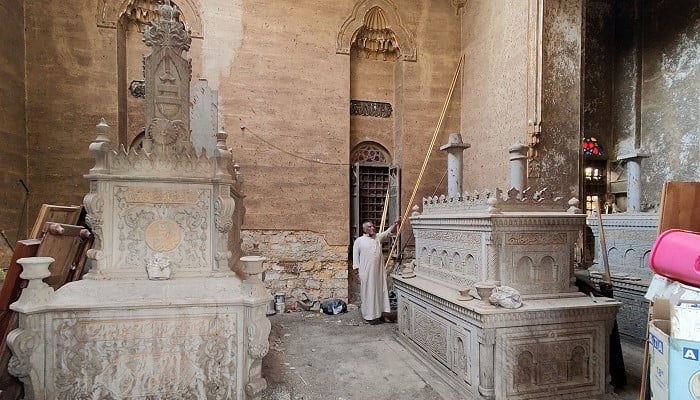
An official from Egypt’s planning ministry told AFP that while the government “understands the grief of citizens,” the process is ultimately for “the public interest.”
A massive concrete bridge now bisects the cemetery, linking Cairo’s eastern district of Mokattam with its central and western areas—halving what used to be an hour-long commute.
“The whole area has changed dramatically,” Meligui noted as a construction company owner. Not far from his family’s burial site, the Khayalah cemetery was entirely leveled in April 2020 and replaced with a busy multi-lane highway.
Mokhtar, a 63-year-old jewelry maker who requested anonymity to speak candidly, described feeling “indescribable pain” while exhuming his family members, including his sister just five months after her burial.
“Imagine digging up your family’s graves with your own hands and gathering their bones into bags,” he expressed. After arranging for new shrouds and a hearse, he reburied his maternal family’s remains in a government-provided lot. “I moved my sister as she was; her body was completely intact with… blood,” he added.
‘Where Should I Go?’
Mokhtar believes that the new fast road cutting through his family’s tomb is not worth the cost. “Easier or not. My loss cannot be replaced,” he stated.
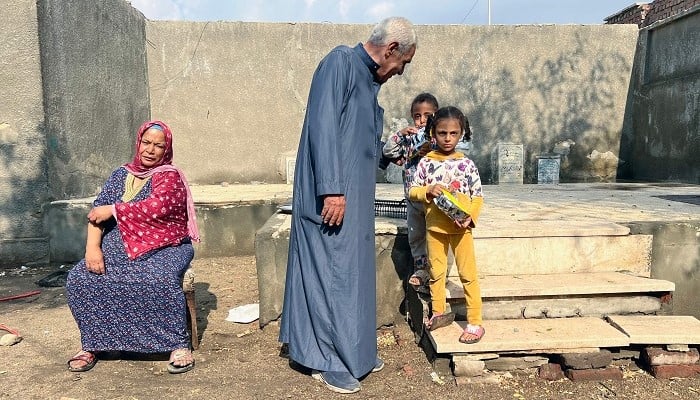
The destruction of Cairo’s cemeteries has impacted not only the deceased and their families but also the thousands who have made these sacred grounds their home. Since the 1980s, many Egyptians have taken up residence in cemeteries due to a severe housing crisis affecting the country of 107 million.
One such resident is Sayyed al-Arabi, 71, who has lived and guarded a cemetery in Old Cairo for decades. His one-room home—where his three children were born—is now surrounded by debris from demolished tombs. Outside, a bulldozer levels the unpaved ground, which is puddled with water.
“They told us they would remove the bodies and demolish the cemetery,” he said while a television hung on the wall next to two dilapidated beds and a rusty fan. In the spacious courtyard built in 1925, Arabi’s granddaughters played under their mother’s watchful eye as she washed clothes.
“The owners of the graves will receive replacements, but what about me? Where should I go?”
